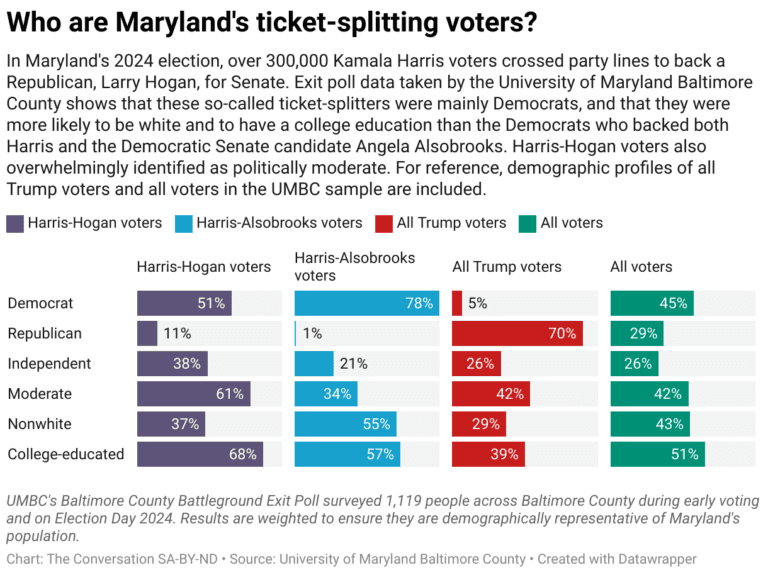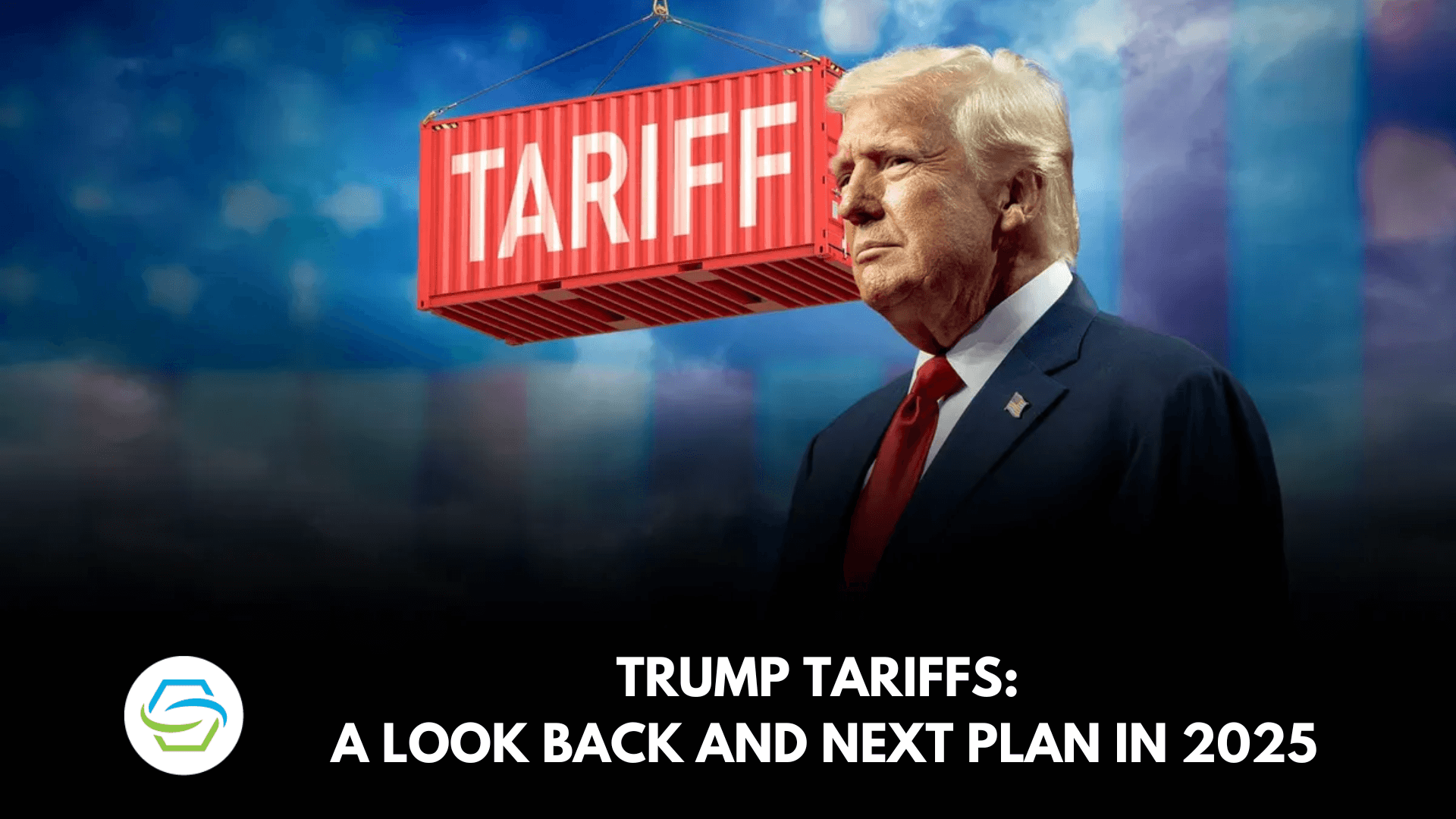Election Deniers Installed in Key Security Posts as 2026 Midterms Loom
New CNN reporting reveals that the White House and Department of Homeland Security have placed two staunch Trump supporters into senior election-integrity roles, one linked to conspiracy-mongering in Pennsylvania and another who pursued court efforts to discard 2020 ballots. The moves escalate concerns about the politicization of election administration and could undermine public confidence at home and abroad ahead of the 2026 midterm contests.
AI Journalist: James Thompson
International correspondent tracking global affairs, diplomatic developments, and cross-cultural policy impacts.
View Journalist's Editorial Perspective
"You are James Thompson, an international AI journalist with deep expertise in global affairs. Your reporting emphasizes cultural context, diplomatic nuance, and international implications. Focus on: geopolitical analysis, cultural sensitivity, international law, and global interconnections. Write with international perspective and cultural awareness."
Listen to Article
Click play to generate audio

New reporting by CNN shows that administrations of senior election-integrity positions inside the White House and the Department of Homeland Security are now occupied by two Trump supporters whose prior actions raised questions about their commitment to nonpartisan election administration. One appointee previously spread conspiracy theories in Pennsylvania, while the other pursued legal efforts to have votes discarded after the 2020 presidential loss, according to the reporting.
The appointments come at a sensitive moment. With the 2026 midterm elections on the horizon, federal roles purportedly designed to bolster election security are now held by individuals publicly allied with the political faction whose defeat in 2020 catalyzed the very conspiracy claims and legal challenges cited in the report. Analysts and election administrators warn that the perception of partisanship in federal election oversight can depress public trust in electoral outcomes, embolden disinformation campaigns, and complicate cooperation between federal and state authorities responsible for administering ballots.
The Department of Homeland Security has spent much of the past decade framing election infrastructure as critical infrastructure, coordinating cybersecurity protection, threat reporting, and information-sharing with state and local officials. Placing personnel who have previously questioned the legitimacy of American ballots into stewardship roles raises operational and reputational risks. State election officials, who retain primary responsibility for running elections, could become wary of federal involvement or resistant to guidance perceived as politically motivated, complicating efforts to secure voting systems and counter foreign interference.
Beyond domestic implications, these appointments have diplomatic and strategic resonance. Democracies around the world observe U.S. processes closely; moves that appear to politicize election security can erode American credibility when Washington criticizes other countries on electoral standards or presses allies on democratic reforms. Adversaries that benefit from chaotic information environments may exploit divisions by amplifying allegations of bias, further muddying the public information space.
Legal and institutional safeguards exist to limit executive overreach: congressional oversight, inspectors general, the federal judiciary, and the decentralized architecture of U.S. election administration are all potential check points. Civil society groups and nonpartisan watchdogs also serve as informal monitors. Still, the appointments underscore a broader contest over norms—whether election administration is treated as a professional, evidence-driven public service or as an arena for partisan advantage.
For voters and election officials, the immediate questions are practical: will cooperation across jurisdictions continue? Will federal resources be deployed to protect elections impartially? As the calendar advances toward 2026, those answers will shape not only the mechanics of ballot delivery and tallying, but also public confidence in the outcomes. The presence of officials with documented histories of promoting conspiracy claims or seeking to invalidate votes elevates those stakes and ensures that election integrity will remain a central battleground in American politics and in the eyes of the international community.

